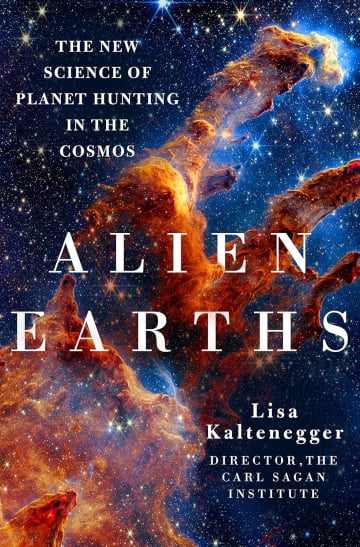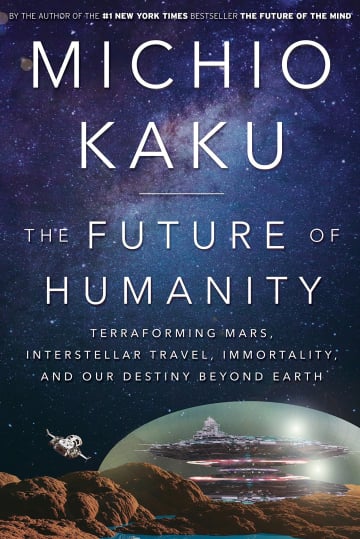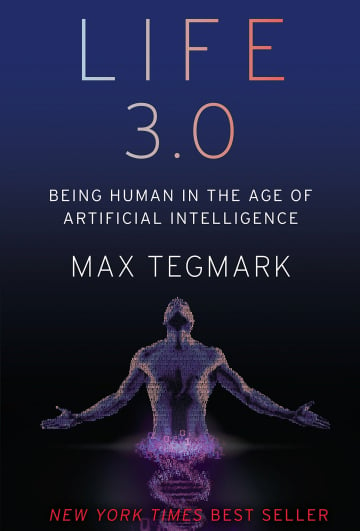
Alien Earths: The New Science of Planet Hunting in the Cosmos
⚡️ 10 Quotes from the book
“Planets are so common that they circle most stars. And our galaxy, the Milky Way, hosts about two hundred billion stars. This staggering number indicates that there are billions and billions of new worlds to explore in our galaxy alone.”
“If older civilizations exist, our galaxy might already contain their outposts, relics, or signals indicating advanced technology. But we have not encountered any yet.”
“Could there be someone watching our Earth right now, also wondering if they are alone or not? For the very first time, we have the technology to investigate.”
“Just as the stamps in a passport tell you what countries a traveler has visited, light contains information about where it has been on its journey. Signs of life are written in a planet’s light—if you know how to read it.”
“The farther you dive into a giant planet’s atmosphere, the higher the pressure from the overlying gas on the regions below, just as the deeper you dive into the ocean, the higher the pressure.”
“Life on Earth is built on carbon scaffolding, and it uses water as its solvent. The abundance of hydrogen, carbon, and oxygen in the universe means that life on other worlds, if it exists, is likely to be supported by water and carbon.”
“About four billion years ago, Mars might have been a warm blue planet covered with oceans and rivers like ours, and it might have had all the ingredients for life. But unlike Earth, Mars is so small that its internal heat was not enough to keep its core molten and moving.”
“If Jupiter were an empty box, all the other planets could fit into it and there’d still be room to spare.”
“If you ever wonder why it’s important to explore space—other than to satisfy your curiosity—one critical reason is that Earth is not an isolated globe under a protective cover. It is part of our solar system and embedded in the cosmos.”
“There is no planet that will ever be as perfectly suited for us as Earth is—from microbes to humans, we evolved together with our astonishing Pale Blue Dot.”
Related videos
Follow the author

Lisa Kaltenegger, an award-winning astrophysicist and astrobiologist from Kuchl, Austria, is the Director of the Carl Sagan Institute at Cornell and an Associate Professor of Astronomy. She is a leading expert in modeling habitable worlds and their spectral fingerprints. Kaltenegger serves on the National Science Foundation's Astronomy and Astrophysics Advisory Committee and the NASA senior review of operating missions. She is also a Science Team Member of NASA's TESS Mission and the NIRISS instrument on the James Webb Space Telescope.
Publications
The New York Times: She Dreams of Pink Planets and Alien Dinosaurs
The Guardian: ‘We live in a golden time of exploration’: astronomer Lisa Kaltenegger on the hunt for signs of extraterrestrial life
The Times: Alien Earths by Lisa Kaltenegger review — why ET might be out there
New Scientist: The hunt for alien planets and extraterrestrial life
Financial Times: Alien Earths — fascinating adventures in the cosmos
Washington Post: 'Alien Earths' by Lisa Kaltenegger book review
Ask Albert:
Rate the book
⚡️ Discover Even More Bookish Wisdom
recommends
recommends
recommends
recommends

















